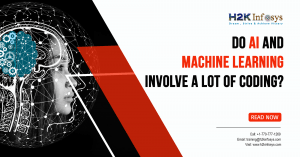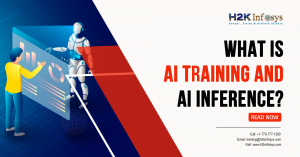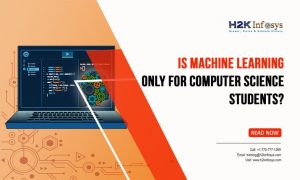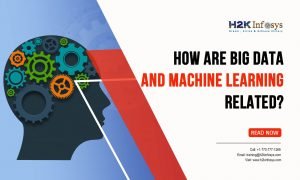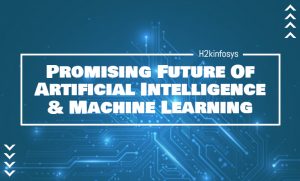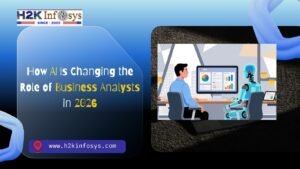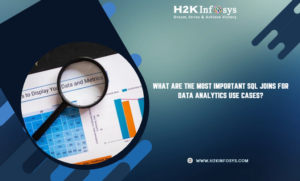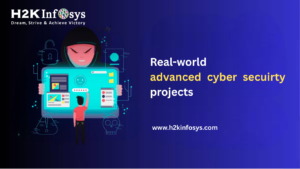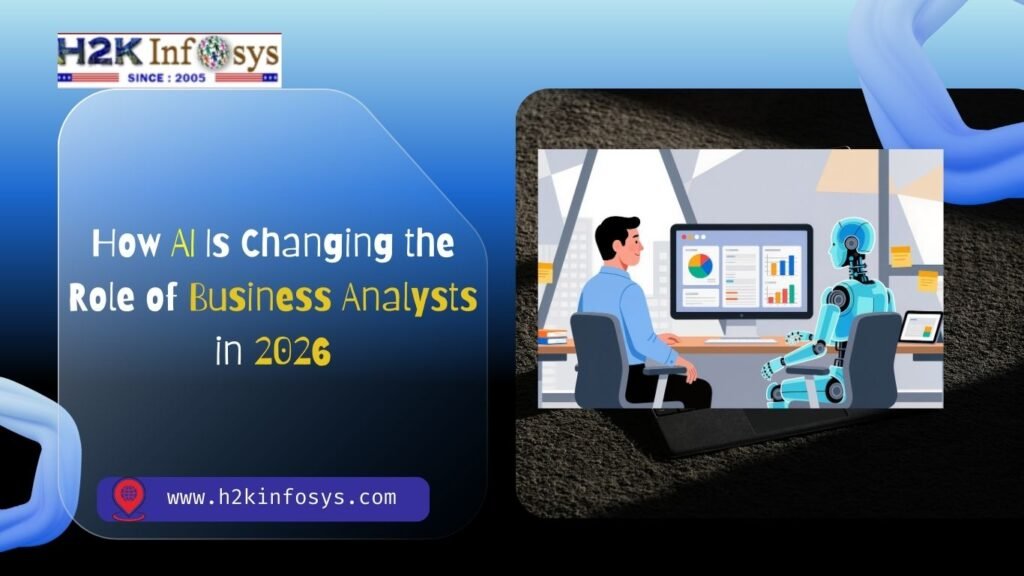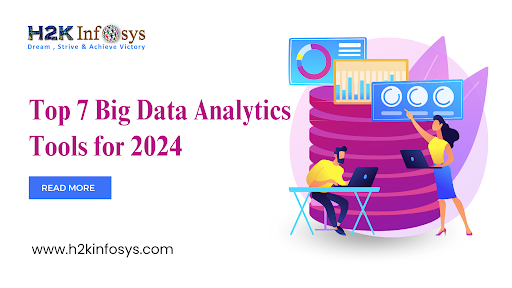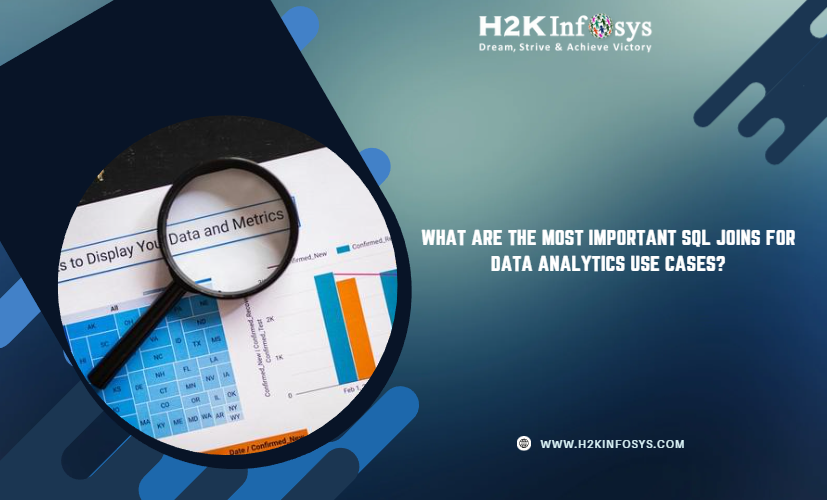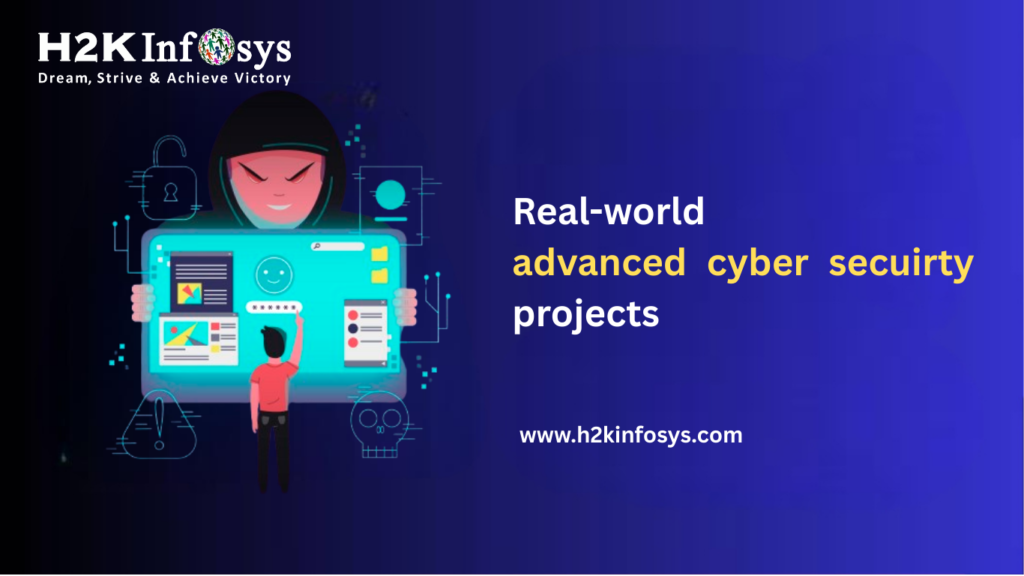Introduction: A New Era in Healthcare with AI
Healthcare has always been one of the most important sectors for human survival and progress. In recent years, Artificial Intelligence in Healthcare has revolutionized how we diagnose, treat, and manage diseases. From predictive analytics that forecast patient outcomes to AI-driven imaging tools that detect cancer earlier than the human eye, AI is reshaping medicine at every level.
For students and professionals aiming to build careers in this fast-growing domain, learning AI is no longer optional it’s essential. With an Artificial intelligence course online, learners can gain hands-on skills, earn AI course certification, and step into careers where they directly contribute to transforming global healthcare.
This blog explores the benefits of AI in healthcare, practical applications, industry statistics, and how you can equip yourself with the right skills through an Artificial intelligence certification online.
Why Artificial Intelligence in Healthcare Matters
Healthcare is an industry that thrives on accuracy, speed, and scalability. Human doctors, no matter how skilled, are limited by time and physical capacity. AI steps in to augment human intelligence, offering:
- Faster and more accurate diagnosis.
- Personalized treatment plans based on patient data.
- Early detection of life-threatening conditions.
- Reduction in operational costs for hospitals.
- Better patient engagement and follow-up care.
According to a 2023 report by MarketsandMarkets, the global AI in healthcare market is expected to reach $187 billion by 2030, growing at a CAGR of over 37%. This growth demonstrates the massive demand for professionals skilled in AI, making an Artificial intelligence certification online a direct path to career advancement.
Key Benefits of Artificial Intelligence in Healthcare
1. Early Disease Detection and Diagnosis
AI algorithms can analyze medical imaging data such as X-rays, MRIs, and CT scans to identify abnormalities faster than human radiologists. For example:
- AI models detect breast cancer in mammograms with higher accuracy.
- Algorithms help in predicting heart disease risk using patient records.
Benefit: Early detection reduces treatment costs, improves survival rates, and provides patients with timely care.
2. Personalized Treatment Plans
Each patient is unique, and AI allows doctors to customize treatment plans based on genetics, lifestyle, and medical history.
- Oncology uses AI to analyze tumor profiles and recommend tailored therapies.
- AI in mental health suggests personalized therapy and medication strategies.
Benefit: Patients receive treatments that are more effective and less invasive, leading to improved outcomes.
3. Predictive Analytics for Patient Care
Predictive models use historical patient data to forecast health risks. For example:
- Hospitals use AI to predict patient readmission probabilities.
- Chronic disease management programs use AI to detect early warning signs.
Benefit: Preventive action reduces hospitalizations and improves patient quality of life.
4. Drug Discovery and Development
Traditional drug discovery takes years and billions of dollars. AI shortens this cycle by simulating molecular interactions and identifying drug candidates faster.
- AI models helped accelerate vaccine research during the COVID-19 pandemic.
- Pharma companies use AI to identify new cancer drugs.
Benefit: Faster drug development saves lives and reduces healthcare costs.
5. Robotic Surgery and Assistance
AI-powered robots assist surgeons with precision surgeries. These systems minimize human error and reduce recovery time.
Example: Robotic-assisted knee replacement surgeries where AI guides robotic arms for accuracy.
Benefit: Less invasive procedures, shorter recovery periods, and higher surgical success rates.
6. Virtual Health Assistants
Chatbots and AI-driven assistants provide 24/7 patient support, answer medical queries, and remind patients to take medicines.
Benefit: Improved patient engagement, reduced burden on medical staff, and consistent follow-up.
7. Medical Imaging and Diagnostics
AI enhances image quality, automates reporting, and reduces diagnostic errors.
- Radiology departments use AI tools to classify scans within seconds.
- Ophthalmology uses AI to detect diabetic retinopathy in eye images.
Benefit: Doctors spend less time on routine scans and more on critical cases.
8. Cost Reduction in Healthcare Operations
AI automates administrative tasks such as medical billing, scheduling, and data entry.
Benefit: Reduced operational costs and more time for healthcare professionals to focus on patient care.
9. Enhancing Clinical Trials
AI identifies suitable candidates for trials, monitors participants, and analyzes results faster.
Benefit: More efficient trials reduce the time required to bring new treatments to market.
10. Remote Monitoring and Telemedicine
Wearable devices powered by AI monitor patients’ heart rates, glucose levels, and oxygen saturation. Data is sent to healthcare providers in real time.
Benefit: Patients in rural or underserved areas receive quality care without traveling.
Real-World Case Studies of Artificial Intelligence in Healthcare
- Google’s DeepMind in Ophthalmology
DeepMind’s AI detected over 50 eye diseases with the same accuracy as expert ophthalmologists. - IBM Watson for Oncology
IBM’s Watson analyzes patient data and recommends evidence-based cancer treatments. - PathAI for Pathology
PathAI reduces diagnostic errors in pathology by analyzing biopsy samples more effectively.
These examples prove that Artificial Intelligence in Healthcare is not just theoretical—it is already saving lives.
Skills You Need to Work in AI and Healthcare
To build a career in this domain, you need a strong foundation in both healthcare knowledge and technical AI skills. Essential skills include:
- Programming Languages: Python, R, or Java.
- Machine Learning Algorithms: Regression, classification, clustering.
- Deep Learning: Neural networks for medical imaging.
- Data Analysis: Handling patient records and big healthcare datasets.
- Ethics and Compliance: Understanding HIPAA and patient data privacy.
By enrolling in an Artificial intelligence course online, you can systematically learn these skills and practice with real-time projects.
Hands-On Example: Predicting Heart Disease Using Python
Here’s a simple AI project idea often covered in an AI course certification:
# Heart Disease Prediction using Logistic Regression
import pandas as pd
from sklearn.model_selection import train_test_split
from sklearn.linear_model import LogisticRegression
from sklearn.metrics import accuracy_score
# Load dataset
data = pd.read_csv("heart_disease.csv")
# Features and target
X = data.drop("target", axis=1)
y = data["target"]
# Split data
X_train, X_test, y_train, y_test = train_test_split(X, y, test_size=0.2, random_state=42)
# Model training
model = LogisticRegression(max_iter=2000)
model.fit(X_train, y_train)
# Prediction
y_pred = model.predict(X_test)
print("Accuracy:", accuracy_score(y_test, y_pred))
This project demonstrates how AI models can help predict diseases, one of the most impactful applications of Artificial Intelligence in Healthcare.
The Career Advantage of AI Courses
Enrolling in an Artificial intelligence certification online not only teaches you skills but also makes you job-ready. With AI courses with placement, learners get the dual benefit of structured learning and career guidance.
Career Opportunities Include:
- AI Engineer in Healthcare
- Data Scientist for Medical Research
- Clinical Data Analyst
- AI-Powered Robotics Specialist
- Healthcare IT Consultant
With the global demand for AI professionals skyrocketing, completing an AI course certification ensures you stay ahead in the job market.
Key Takeaways
- Artificial Intelligence in Healthcare is transforming how diseases are detected, diagnosed, and treated.
- Benefits include early diagnosis, personalized treatments, cost reduction, and faster drug development.
- Real-world examples like DeepMind, Watson, and PathAI highlight AI’s impact in healthcare.
- Skills such as machine learning, deep learning, and healthcare data analysis are crucial for careers in this field.
- An Artificial intelligence course online with certification and placement support is the smartest way to build a career in AI and healthcare.
Conclusion
The future of healthcare is AI-driven. From saving lives with early detection to making treatments more affordable, Artificial Intelligence in Healthcare is a game-changer. If you want to be part of this revolution, start your journey today with an Artificial intelligence course online at H2K Infosys.
Enroll now to gain an AI course certification and unlock career opportunities with hands-on learning and placement support.


